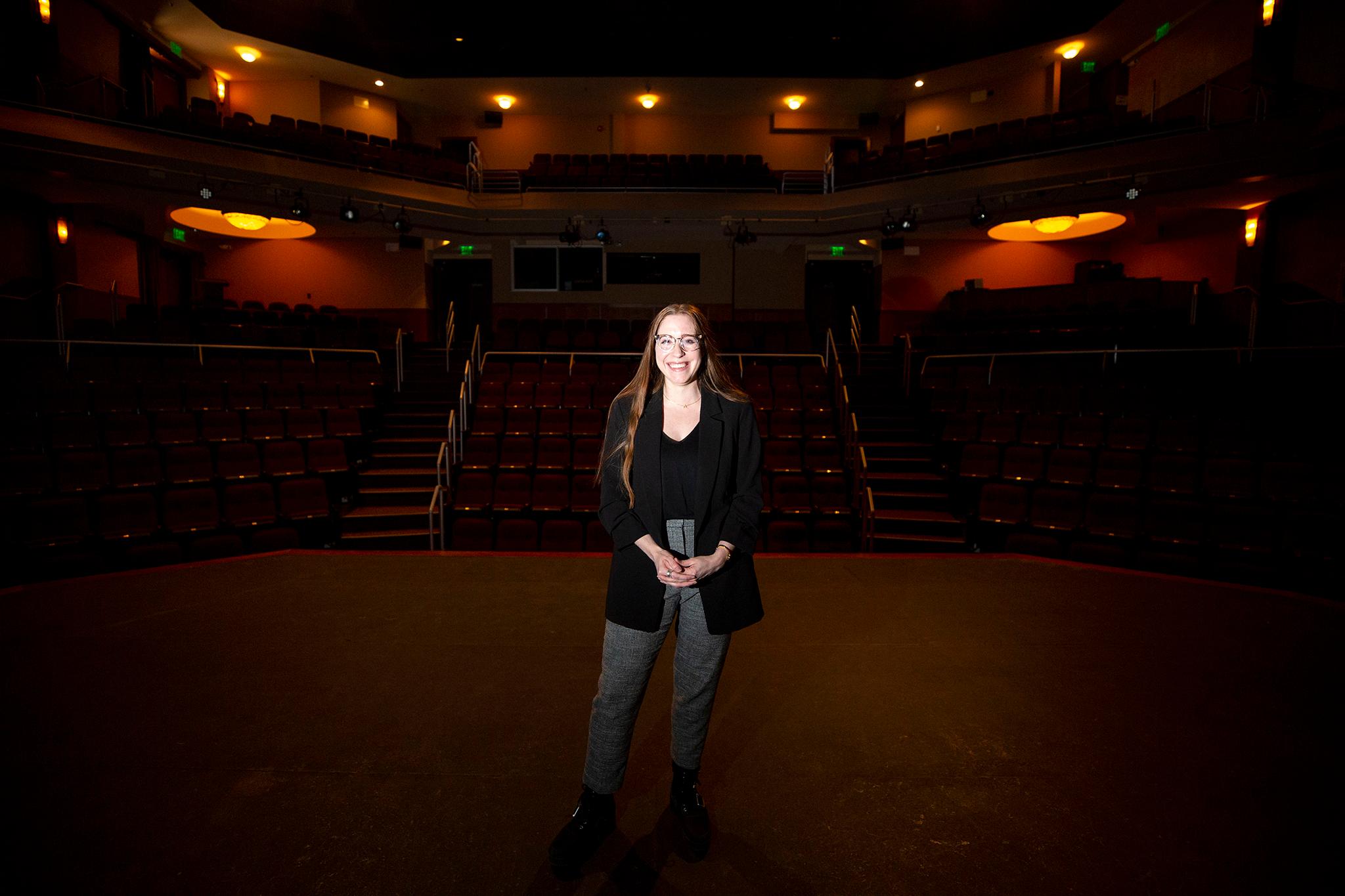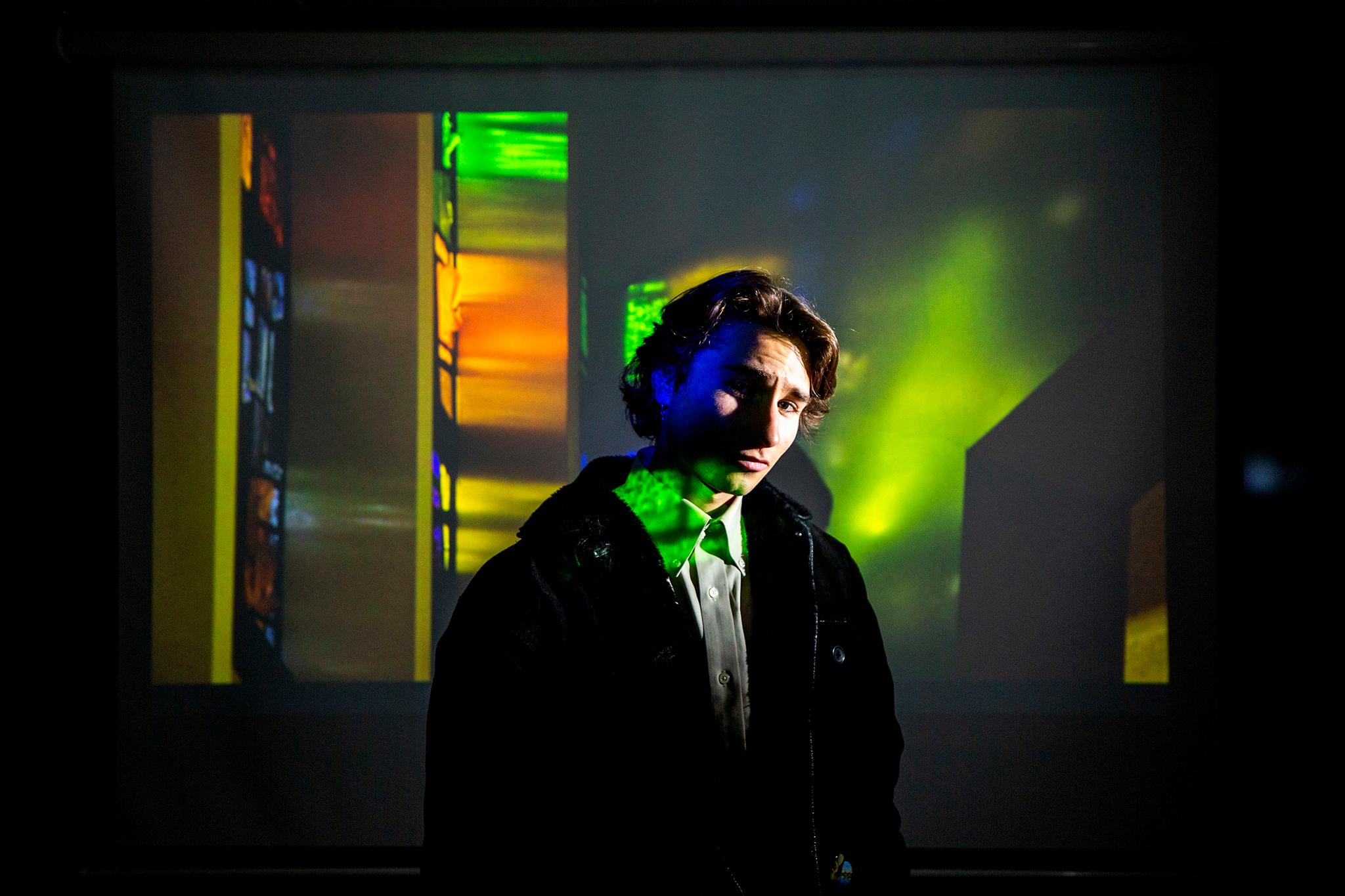The Denver Jewish Film Festival brings drama, comedy, biopics and more from across the country and around the world to the JCC Mizel Arts and Culture Center in Washington Virginia Vale this February.
This year, the Feb. 5-19 festival also has a film from close to home. "Keh-Hee-Lah" -- "community" in Hebrew -- is a 14-minute documentary featuring local rabbis and a cantor by University of Denver film students Myles Goldstein and Alexander Sturns. You can see it Feb. 16 at the Jewish Community Center, 350 S. Dahlia St.
Amy Weiner Weiss, the festival director, said it was rare for the annual film festival, which is in its 24th year, to include a local movie.
Of "Keh-Hee-Lah," she said, "Not only were we just blown away by the technical filmmaking, it really does feature specifically the Denver Jewish clergy."
"The whole beauty of a film festival experience at a place like the JCC is that community element," Weiner Weiss said, urging festival-goers to stick around for talk-backs and keep the conversation going on social media.
"Please linger," she said. "Talk about the film with someone you met in the lobby."

Mizel's festival opens with "Crescendo," a drama about a conductor who tries to bring Israelis and Palestinians together through music. The plot was inspired by the real-life West-Eastern Divan Orchestra founded in 1999 by Argentine-born conductor and pianist Daniel Barenboim and the late Palestinian-American literary theorist Edward Said.
The festival ends Feb. 19 with "Aulcie," a documentary about a star Israeli basketball player.
For the first time, the festival will include a virtual reality offering. Over President's Day weekend, festival-goers will get to spend a few minutes at a time immersed in "Holy City," a tour of Jerusalem.
"It's important for film festivals to really be at the forefront of storytelling media," Weiner Weiss said.
Weiner Weiss, who has seen all 43 films in the festival, counts among her favorites "Tel Aviv on Fire," a comedy about a soap opera, a checkpoint and the Israeli-Palestinian conflict that will be screened Feb. 16.
"It's about how stories connect us," Weiner Weiss said. "And it's hysterical."
Weiner Weiss also is a fan of "Leona," a love story from Mexico that will be screened Feb. 12. The festival features films from a dozen countries.
The question of what's Jewish about each in this wide array of films is one "that we ask ourselves all the time," Weiner Weiss said. "And it's, I won't lie, kind of a contentious question."
For her, she said, the answer revolves around reckoning with Jewish identity.
"Keh-Hee-Lah" offers an example of how focusing on a specific identity can reveal something universal. The documentary opens with filmmaker Goldstein gliding across the screen on a skateboard and musing in a voice over: "I don't pray. I never have."
Goldstein and Sturns go on to interview rabbis and a cantor about heritage, faith, leading congregations and serving communities.
"It's just a story about someone who is trying to connect with his roots," Goldstein said in an interview.













